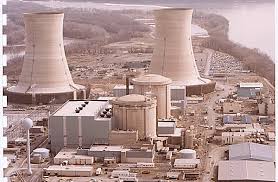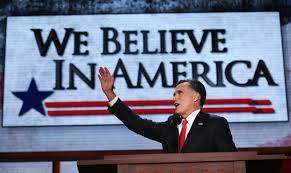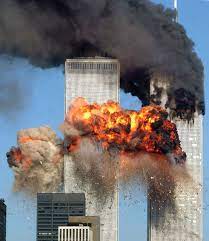In 1974, the United States found itself at the center of a heated debate over the future of nuclear power, as the nation grappled with the promise and perils of this controversial energy source. The nuclear power debate of 1974 was shaped by a confluence of factors, including concerns about energy security, environmental impact, public safety, and the legacy of the atomic age. The debate pitted proponents of nuclear power against critics who raised questions about the risks and consequences of relying on nuclear energy to meet the nation's growing power needs.
At the heart of the nuclear power debate in 1974 was the question of whether nuclear energy represented a safe, clean, and reliable alternative to traditional fossil fuels like coal, oil, and natural gas. Proponents of nuclear power argued that nuclear energy offered a way to reduce dependence on foreign oil, lower greenhouse gas emissions, and provide a stable and abundant source of electricity for homes, businesses, and industries. They pointed to the potential benefits of nuclear power, including its efficiency, scalability, and ability to generate large amounts of electricity without the air pollution and carbon emissions associated with fossil fuels.
Critics of nuclear power, however, raised significant concerns about the safety, environmental impact, and long-term consequences of nuclear energy. The specter of nuclear accidents, radioactive waste, and the risk of nuclear proliferation loomed large in the public consciousness, fueled by high-profile incidents like the Three Mile Island accident in 1979 and the Chernobyl disaster in 1986. Critics also pointed to the challenges of storing and disposing of radioactive waste, the vulnerability of nuclear power plants to natural disasters and terrorist attacks, and the high costs and long lead times required to build and maintain nuclear reactors.
The nuclear power debate of 1974 was further complicated by political, economic, and social factors that shaped public attitudes and government policies towards nuclear energy. The oil embargo of 1973, which triggered a global energy crisis and led to soaring oil prices and fuel shortages in the United States, heightened concerns about energy security and the need to diversify the nation's energy sources. The environmental movement, which had gained momentum in the 1960s and 1970s, also played a key role in shaping public opinion on nuclear power, as activists raised awareness about the risks of nuclear energy and advocated for renewable alternatives like solar, wind, and geothermal power.
The nuclear power debate of 1974 played out in a variety of arenas, including government hearings, public forums, media coverage, and grassroots activism. The debate sparked intense discussions and disagreements among policymakers, scientists, industry leaders, environmentalists, and the general public, as different stakeholders presented competing visions of the role of nuclear power in America's energy future. The debate also highlighted broader questions about the relationship between technology, society, and the environment, as Americans grappled with the trade-offs and complexities of nuclear energy.
Ultimately, the nuclear power debate of 1974 reflected the complex and multifaceted nature of the energy challenges facing the United States and the world. The debate raised important questions about the risks and benefits of nuclear power, the need for energy innovation and sustainability, and the role of government, industry, and society in shaping the future of energy policy. While the debate did not resolve all of the issues surrounding nuclear power, it served as a critical moment of reflection and dialogue that continues to inform discussions about energy, environment, and technology in the 21st century.






